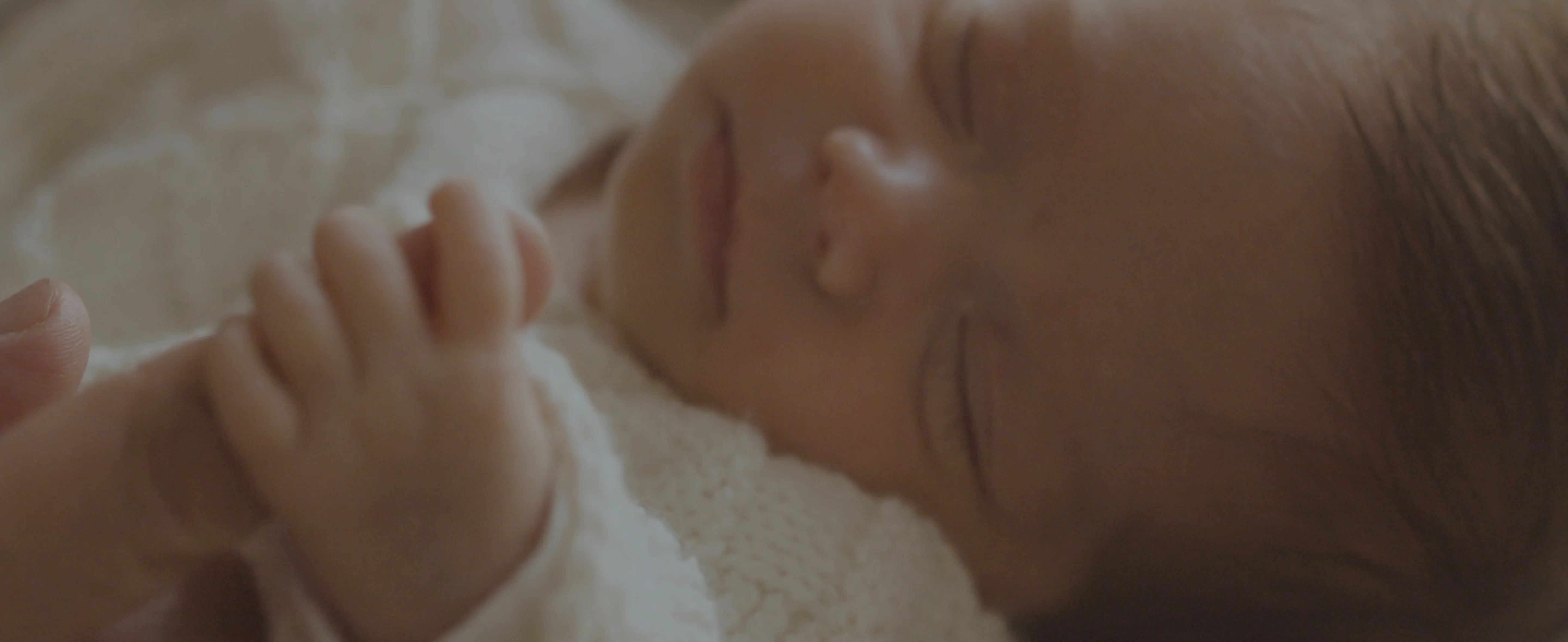Numerous factors contribute to the rise in the average age at which women become pregnant. These factors may include social, economic, or medical reasons. Regardless of the cause for your delayed pregnancy, science has come to your assistance.
Oocyte cryopreservation, also known as egg freezing, is a technique to preserve fertility for women who are not ready to have children at an early age but wish to become mothers in the future. It can also be used to prevent age-related fertility decline or to treat certain medical problems that may affect fertility.
Egg freezing technologies enable you to set your priorities without stressing about your biological clock. Let's discuss 5 different factors you must consider before undergoing the egg freezing procedure for IVF.
1. Egg freezing process
Egg freezing (oocyte cryopreservation) is the retrieval and storage of a woman's eggs to provide her more flexibility regarding her decision as to when to begin her reproductive jouey.
The process of egg freezing begins with a consultation with a reproductive endocrinology fertility specialist. They'll use blood tests to determine the quantity of eggs you have, also known as your ovarian reserve. They may also request a scan or ultrasound.
You'll begin a course of hormone injections to stimulate your ovaries and encourage multiple eggs to develop. During follow-up appointments, your medical professionals will use ultrasonography to monitor the ovaries and eggs.
Your eggs are then collected during a single, outpatient procedure that takes about 15 to 20 minutes. The surgery is performed under anesthetic, so it is painless, and you can return home the same day.
After being collected, eggs are vitrified, which is a process that instantly freezes the eggs. They are then kept in liquid nitrogen tanks in an embryology laboratory until the time of their use arrives.
2. Number of eggs good for freezing
It is ideal to freeze as many eggs as possible but the amount of eggs available for retrieval is often determined by each patient's ovarian reserve, age, and other medical factors.
The egg retrieval technique normally produces 10 to 12 eggs, but not all of them survive the thawing process, and some do not fertilize. Others may fertilize abnormally, but not accept in the uterus to form a pregnancy.
To increase the amount of eggs in storage, some people prefer to gather eggs in many cycles.
3. Egg freezing age limit and longevity of frozen eggs
Although you may retrieve your eggs at any age while you are still fertile, evidence indicates that retrieving eggs at a younger age increases your chances of having a baby in the future. The optimal time to have your eggs extracted and frozen is before the age of 35. 35 is the maximum age for the best results. This suggests that retrieving eggs in your twenties may provide better results.
However, if you are considering egg freezing services, you may wish to postpone childbirth until you are ready, which raises the question of how long you can preserve eggs for IVF.
You can freeze eggs indefinitely without causing them to deteriorate by using advanced egg freezing procedures. If the retrieval and freezing procedures are followed correctly, time is not an issue.
If you do not use your eggs, for example, if you become pregnant on your own or decide not to have children, they can be discarded or donated to research or another couple.
4. Possibilities of conceiving after freezing an egg for years
IVF specialists have successfully fertilized eggs that had been frozen for fourteen years. Others have successfully generated embryos from eggs that had been frozen for ten years. The amount of years you wait does not affect your chances of becoming pregnant with frozen eggs.
If you wish to use your eggs later, they will be thawed and fertilized with sperm from your spouse or a donor, resulting in an embryo that will develop in a lab for five or six days.
The embryo is put in your uterus during a small procedure similar to a Pap smear. Your doctor will introduce a speculum into your vagina and, under ultrasound guidance, use a flexible, hollow catheter to transfer the embryo into your uterus for possible pregnancy.
5. Benefits from Long-Term Egg Freezing
Long-term egg freezing is beneficial to women who want to pursue other goals before having a child. As a result, you can retrieve your eggs at the age of twenty and deliver your child at the age of thirty-five or forty.
Long-term freezing also allows you to take your time finding a sperm donor, if that's what you're looking for. You don't need to hasten your search for a sperm donor because you won't lose your eggs anytime soon.
Egg freezing also helps women who have medical issues that may limit their capacity to conceive in the future. If you need a hysterectomy for any reason, your surgeon can harvest and store your eggs until you find a surrogate.

